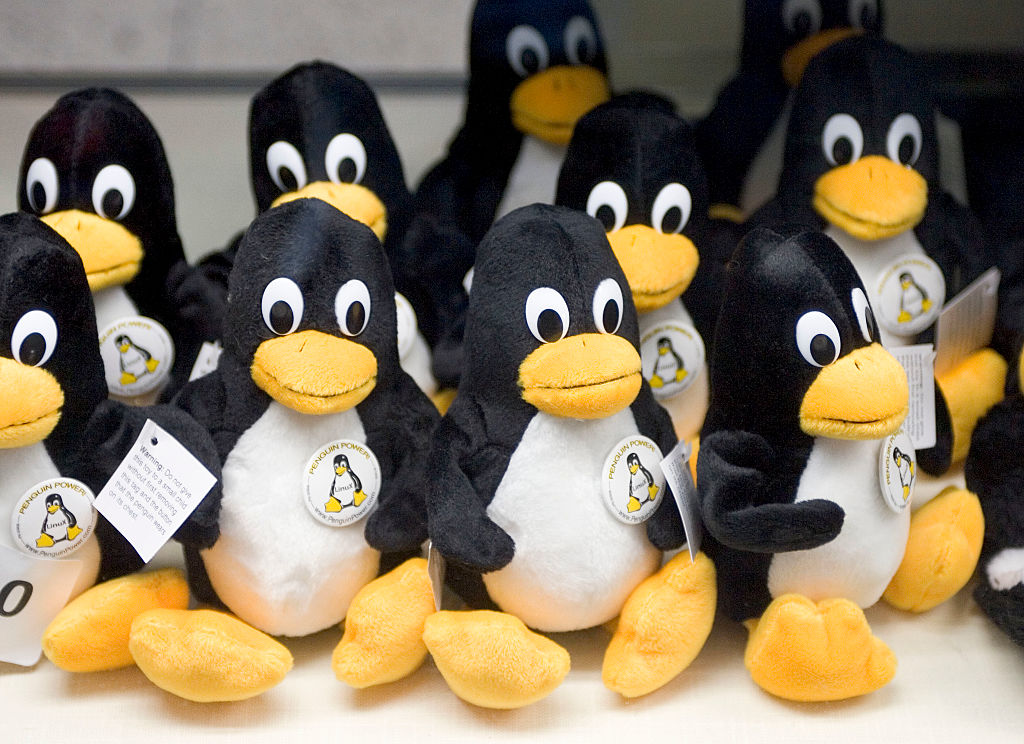Rocky Linux, CentOS Founder’s AWS-Sponsored CentOS Stand-in, Stresses ExtensibilityRocky Linux, CentOS Founder’s AWS-Sponsored CentOS Stand-in, Stresses Extensibility
It won't be the first CentOS replacement out the door, but it's being designed to become much more than a RHEL clone.
June 4, 2021

Red Hat's decision late last year to sunset CentOS Linux, the widely used free version of its commercial Red Hat Enterprise Linux, left a vacuum. Immediately after Red Hat made the announcement, several software companies rushed to fill it.
One of the major contenders, CloudLinux, launched the first stable release of its CentOS replacement, AlmaLinux, at the end of March and followed with a second release, AlmaLinux 8.4, last week. A rival CentOS replacement, Rocky Linux, is led by Gregory Kurtzer, founder of CentOS Linux. It's also close to going live, Kurtzer told DCK, saying he expected to launch the release this month. Among Kurtzer's project's sponsors are AWS and the telco and automotive embedded Linux vendor MontaVista, as well as his own startup, Ctrl IQ.
Since 2004 CentOS has been a free downstream clone of RHEL. Red Hat's announcement that CentOS 8 will reach end of life at the end of this year created a problem for many enterprises and hosting companies who had become dependent on running the OS for free in their data centers in lieu of paying the IBM-owned software giant for support.
Kurtzer announced he was putting together a team to create Rocky Linux to fill the void within hours of Red Hat's announcement. Not long after that CloudLinux CEO Igor Seletskiy announced that AlmaLinux was forthcoming and pledged to spend up to $1 million annually to keep the project maintained.
CloudLinux managed to get a production-ready version of AlmaLinux out the door early because its eponymous flagship product is a security hardened clone of RHEL, making it a lot like CentOS.
Rocky Linux Funding
Kurtzer estimated that Rocky Linux is funded to the tune of $2.5 million to $5 million per year.
Ctrl IQ, his startup, intends to use the OS as the base of its platform. There are other investors in the project besides Ctrl IQ, AWS, and MontaVista, he told us, but they prefer to stay behind the scenes for competitive reasons.
"Pharmaceuticals, bio companies, aerospace companies, very large Fortune 500 companies, they don't want to go on record on what operating systems they're using," he said.
More than a CentOS Clone
On the surface Rocky Linux and AlmaLinux may appear to be duplicate projects: both are RHEL clones. But Kurtzer said this will be merely a starting point for Rocky Linux. The plan is to eventually add special package repositories to extend the operating system's capabilities to meet the needs of various data center operators within the project.
Groups have formed around high-performance computing, embedded, hyperscale and cloud, desktop Linux, and more, he said.
"You go and install your base Rocky, then you can choose which special-interest group packages you want and then enable those repositories," he said. "If you're interested in HPC, you enable the HPC repo. If you're interested in hyperscale or in having a better desktop experience, you would enable those particular SIGs, and then you can basically just start DNF installing all these different packages and get a lot more functionality."
With functionality expanded through repository packages, the base install remains true to the project's main purpose, which is to be a RHEL stand-in for CentOS Linux users, Kurzer explained.
It also means those special repositories can be utilized by users of RHEL and AlmaLinux.
"With the base operating system we're going to be bug-by-bug compatible with Red Hat Enterprise Linux and we're going to be compatible with AlmaLinux, which means that all of the special-interest groups that we have will work on any of these. That's exactly what we want. As a community, we want to have that cross compatibility and that portability."
About the Author
You May Also Like







